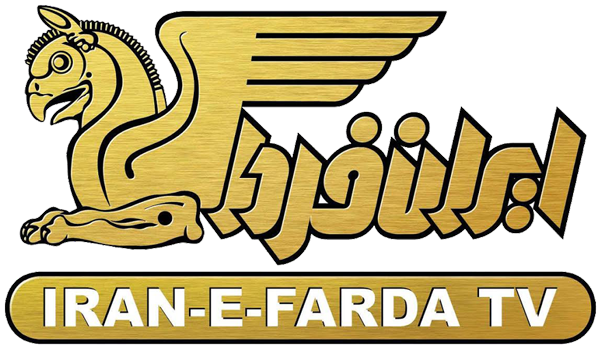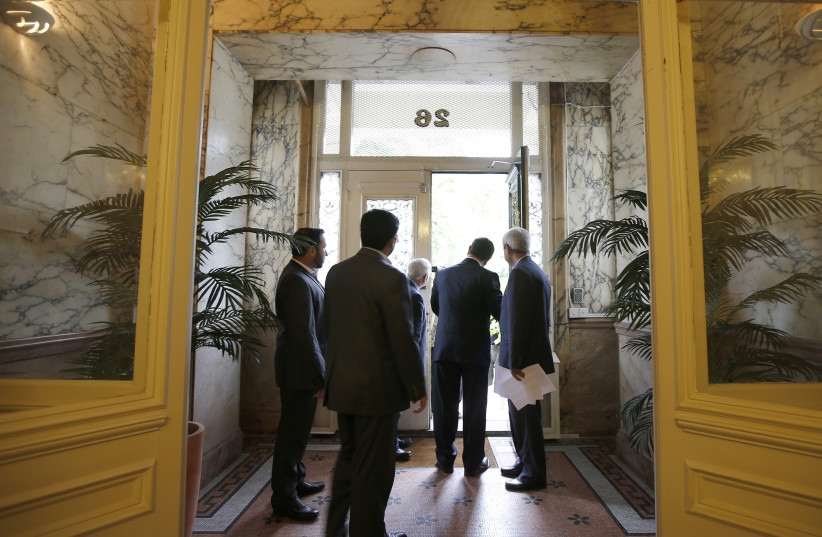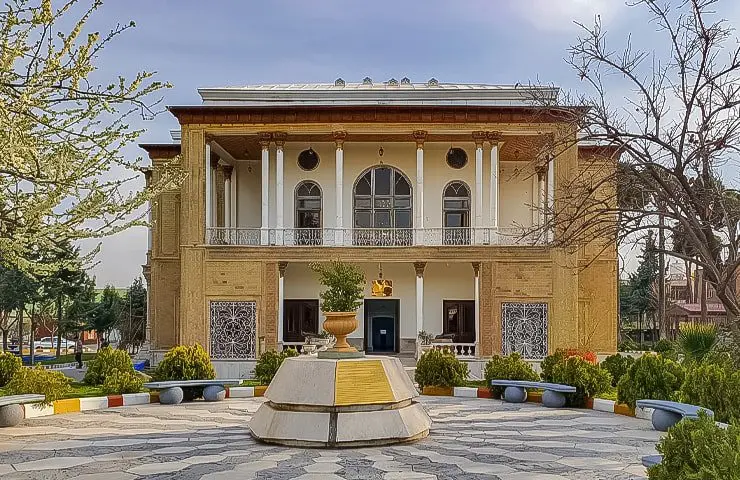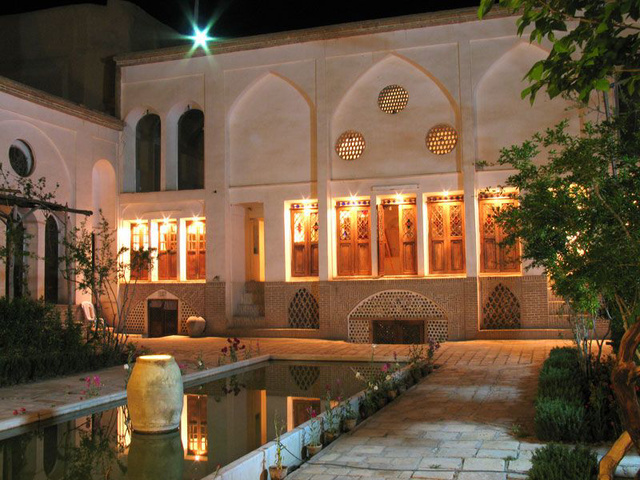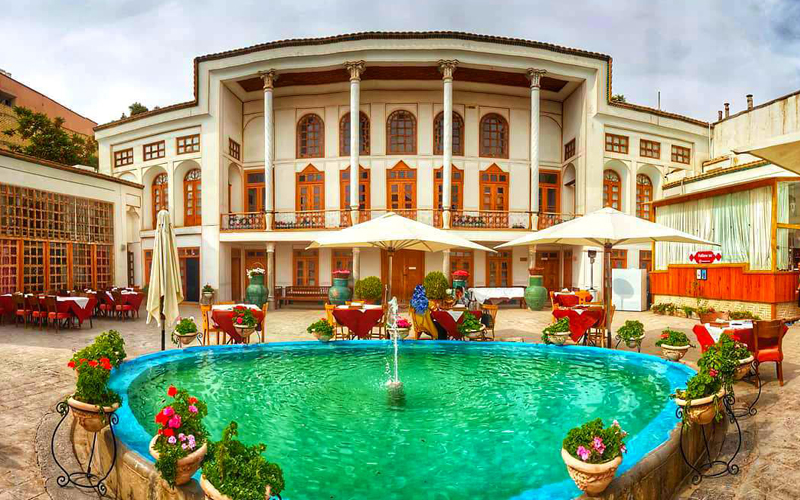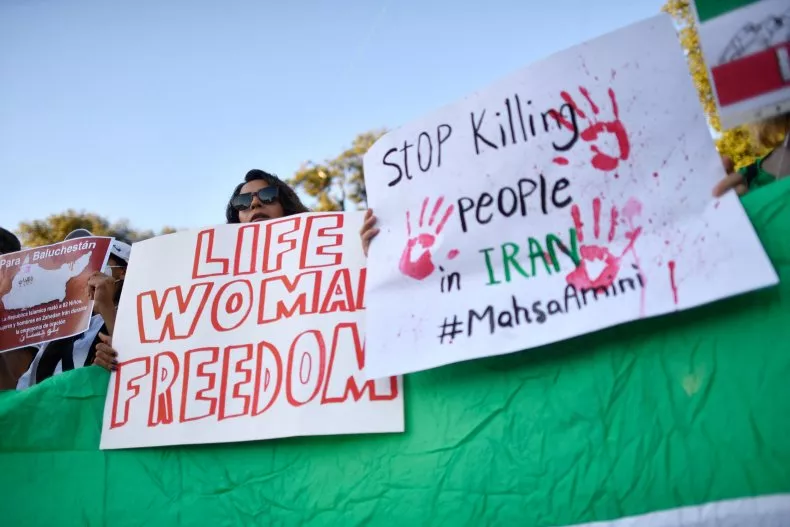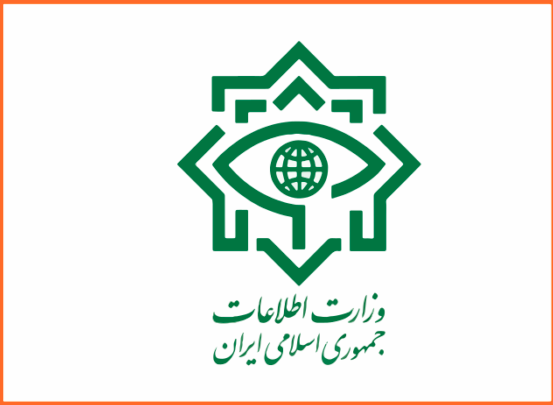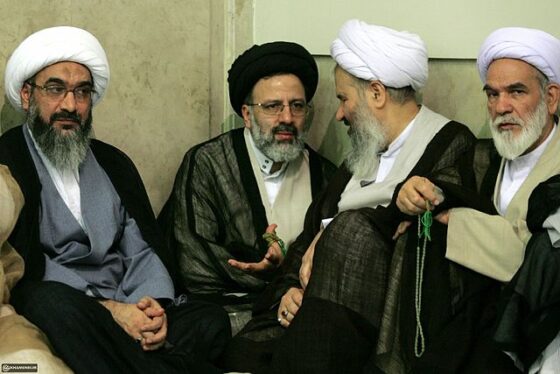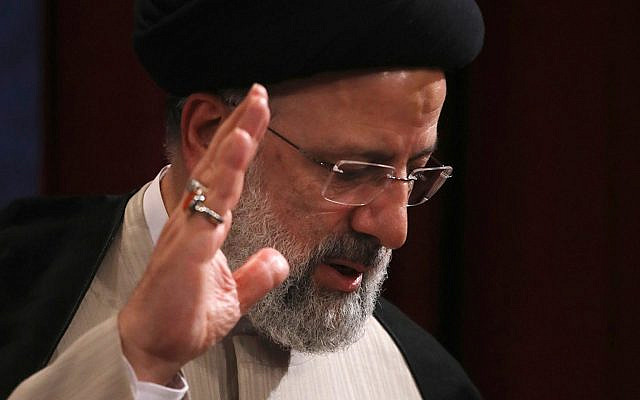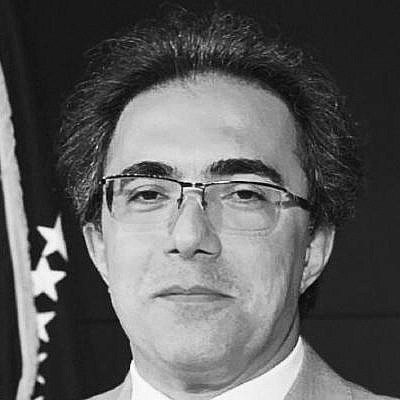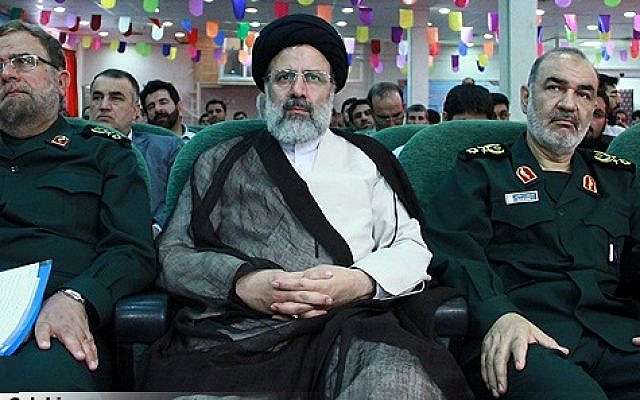In an official response to a Reporters Without Borders (RSF) statement, the Iranian Embassy in London denied that Tehran’s ambassador, Hamid Baeidinejad, has been terrorizing Iranian journalists working in locations abroad.
In a statement posted to their website, RSF condemned the intelligence agency’s “harassment” toward Iranian journalists who are based abroad, especially toward those based in Britain, including continued intimidation and threats toward their relatives still living in Iran, carried by members of the Islamic Revolutionary Guard Corps (IRGC).
The Iranian Intelligence Ministry last week claimed that Iranian employees working for foreign broadcasting companies are “proof of collaboration in terrorist actions with the enemies of Iran.”
“The threats are targeting Iranian journalists working for international media such as the BBC, Voice of America, Radio Farda and privately-owned Iranian exile media, such as the Iran International and Manoto TV channels and the Kayhan London news website,” RSF said. “According to the information gathered by RSF, the threats against Iranian journalists based abroad often take the form of online attacks, insults and intimidation, mainly on social networks.”
RSF noted in their November 26 statement that there has been a recent escalation in threats directed at foreign-based Persian-language media outlets and employees, especially in the United Kingdom, following the 2016 appointment of Baeidinejad, who was the former director of political affairs and international security for Iran’s Foreign Ministry.
“The allegations against the ambassador of Iran to the UK issued by the [RSF] and carried by some Western media are categorically false and rejected. Ambassador Baeidinejad has never threatened anyone, let alone any journalist,” the London Embassy tweeted, adding that they believe foreign-based Iranian journalists are working as “activists who are attempting to weaken their motherland and her political establishment.”
The allegations against the ambassador of Iran to the UK issued by the Reporters Sans Frontiere (RSF) and carried by some Western media are categorically false and rejected.
Ambassador Baeidinejad has never threatened anyone, let alone any journalist. pic.twitter.com/JTNVwD5dAR— Emb. I. R. IRAN in UK (@Iran_in_UK) December 1, 2019
The London ambassador threatens these journalists mainly through channels such as Twitter, and uses his diplomatic immunity to accuse them of being “agents and mercenaries of foreign services, paid by the country’s enemies and acting against the national interest,” according to the RSF.
While a BBC reporter covered a protest outside the embassy, the ambassador accused the journalist of interviewing a group of terrorists (i.e. the protesters) – these threats stemming from officials of his stature are always recorded in Persian, never English, even though these are UK-based organizations they are targeting.
“Threatening citizens, in particular, a country’s journalists and media outlets, is not part of an ambassador’s attributions,” RSF said. “The British authorities should monitor these activities, which pose a threat to press freedom and a danger to journalists.”
“The Iranian people will never forget these days in which enemy TV channels such as the BBC, VOA, Manoto and Iran International – subsidized by the money of foreign governments and the Pahlavi (the former shah or king of Iran) group – have put Iran in danger by trying to portray the rioters, who are murderers and arsonists, as political dissidents,” Baeidinejad said two days after the widespread Internet shutdown in Iran after protests in the Islamic Republic turned deadly when protesters clashed with IRGC forces attempting to calm the storm.
The Internet shutdown was an attempt to suppress media coverage of the violent protests from spreading throughout the entirety of the country, under the belief that the media coverage would have caused further insolency towards Iranian officials and cause a public uprising. This is something they have the ability to do, because the Islamic Republic created their own centralized Internet for the country, to do just that – censor social media channels, television broadcasts (including all BBC channels) and countless websites in order to benefit government interest and to block content they deem to be inappropriate or disrespect the country’s strict Islamic laws.
“Internet shutdowns are increasingly becoming a tool for governments all over the world to silence media reporting and restricting the fundamental right of citizens to have free access to information,” International Federation of Journalists (IFJ) general secretary Anthony Bellanger said. “The IFJ reported that 30 countries have closed media and blocked Internet access so far in 2019, evidencing the global trend to control citizens’ media and Internet access. We urge the Iranian authorities to lift the blockade and stop the repression against the demonstrators.”
According to the Internet watchdog Netblocks, the country-wide shutdown began at 6:45 a.m. the day after the protests began – leaving just 7% of normal Internet functionality and connectivity available throughout Iran.
According to the Paris-based RSF, Iran is now 170th out of 180 in their press freedom rankings, dropping six places. In addition, Iranian defense officials have even terrorized Iran-based family members of journalists working for Persian-language media organizations based abroad, coercing them to request their relatives step down from their positions, by way of directed threats, intimidation and arrests directed at the families.
Iran has on occasion arrested suspected conspirators working with foreign media who they believe are attempting to expose faults in the Iranian government as a means to assist “enemies” of the state to topple the regime. Diaspora-based Persian-language media outlets say these claims are baseless and used as a way for the Islamic Republic to control the news cycle and their emigrated citizens from afar.
Iranian journalist working abroad normally tend to avoid traveling to the Islamic Republic for fear of being prosecuted. In August 2016, Iran sanctioned 150 employees working for BBC Persia from making financial transactions within the country, which includes selling already held properties within Iran. Recently, employees of Radio Farda have been the target of these financial sanctions as well.
